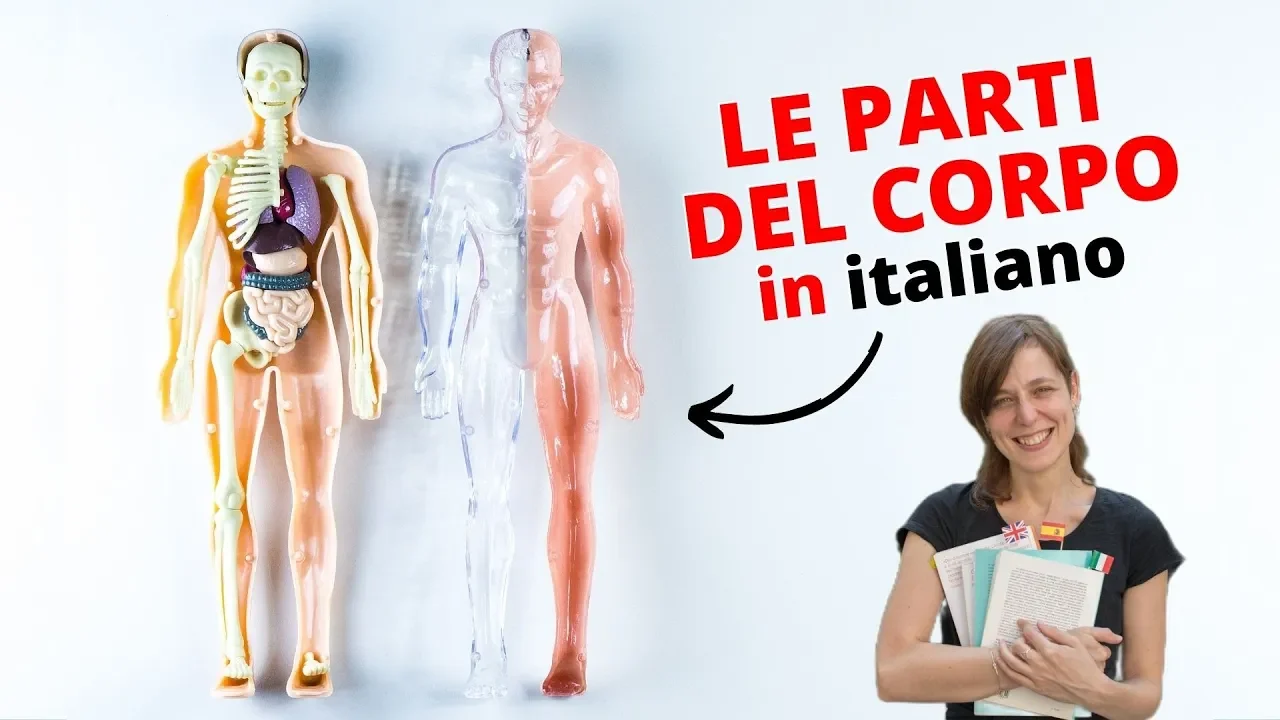
Can you learn a language if you are already over 30?
1 February 2021
What I have learnt from living abroad
15 February 2021What is your learning method?

I’ve always been told that I learn quickly, although I don’t think so. On the contrary, I’ve always thought I had problems concentrating and when I’m studying I need to write things down in order to remember… I can read something 100 times, but if I don’t write it down with my hand, I’ll need to read it over and over again.
So why do they tell me that I learn fast?
The truth is, I do! But this happens when I DO something. If you show me how to do something, and let me try it, I’m sure I won’t forget it. OK, maybe you have to show me twice… but for me it’s certainly more effective than listening to an explanation.
What is your method of learning? Have you ever asked yourself that?
There are people who only need to read a book once in order to remember it, others who only need to listen, others who have to do… like me! And this is closely related to the way you communicate: those who communicate by showing things, will learn by looking at them. Those who communicate through words will learn by listening. Those who communicate by doing, will memorise through practice.
In the study of languages, this aspect is very important. In general, it can be said that the more senses involved in the experience, the more effective the learning will be, compared to learning by reading and listening. Not only does this allow us to engage everyone’s learning modalities. But it also allows us to experiment with all the possible ways and see which one is most effective for us.
The use of ALL SENSES when learning a language is also fundamental because it arouses emotions and memories that remain in our memory for a long time. And this encourages motivation to study and the awareness of mastering a foreign language.
But why is the link between emotions and memory so strong? Because our brain is constantly selecting positive and negative stimuli and deciding whether to remember or forget them. New, special or emotionally charged stimuli increase the possibility of retaining that information for a long time.
But what can you do to stimulate your senses when studying?
Try to use the language you are learning in many situations. For example, as you walk down the street, name the objects that your gaze encounters. For listening, I will never get tired of saying, you can listen to songs or watch films or TV-series in the language.
And how do you practise by doing something? A very simple way is to buy a cookery book in the language you are learning and cook. You will remember the name of all the ingredients and maybe even the utensils you will use to cook.
Or you can take yoga classes in the language on YouTube. I still do it now! In this way I do something that makes me feel good and practise my English at the same time. Can you think of other ways to learn by watching, listening, doing?




